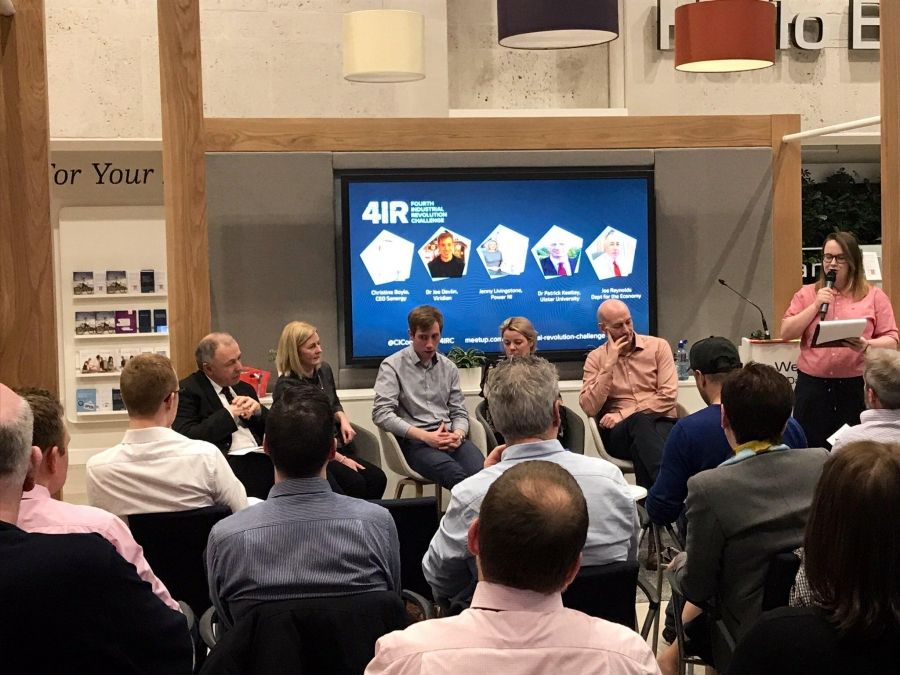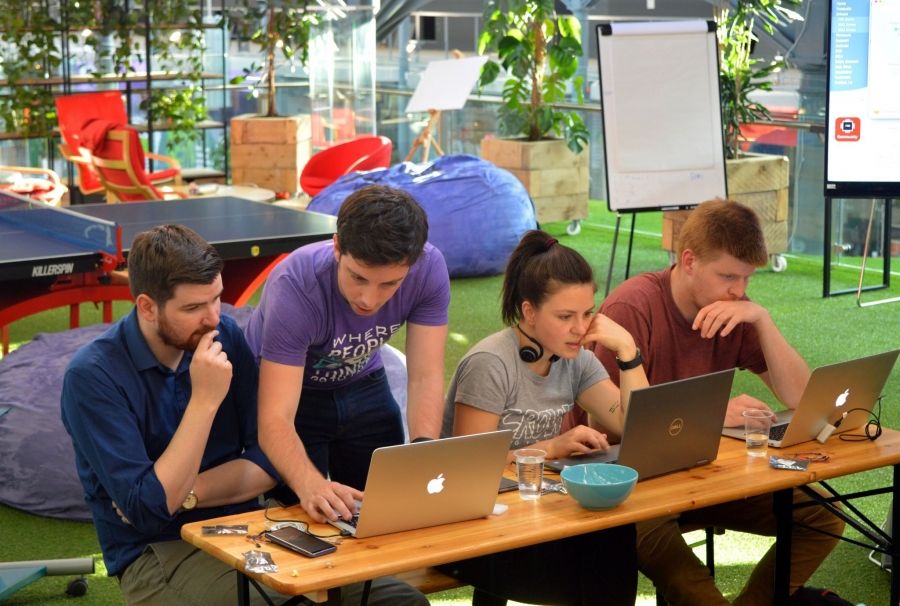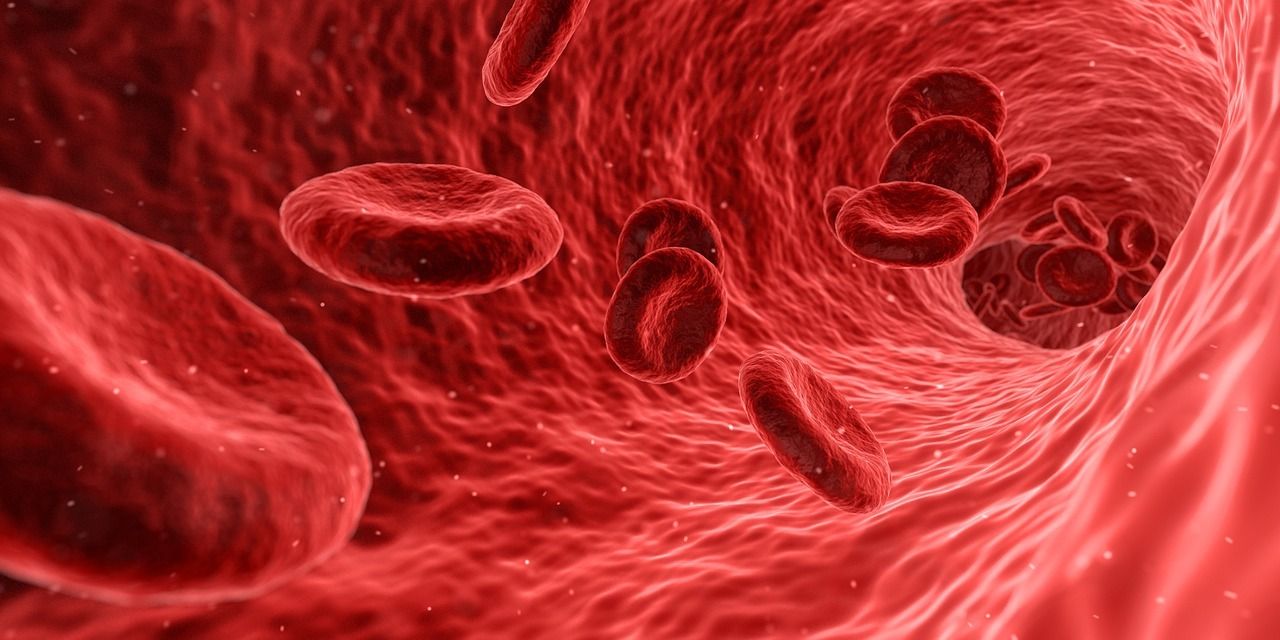“We cannot go back to burning dinosaurs,” energy experts agree
Recently, leaders in renewable energy met at the Catalyst Belfast Fintech Hub to discuss the 3D’s – “Decarbonisation, Decentralisation and Digitisation.” “The […]
February 21, 2019

Recently, leaders in renewable energy met at the Catalyst Belfast Fintech Hub to discuss the 3D’s – “Decarbonisation, Decentralisation and Digitisation.”
“The old energy market was a one-way street, where a centralised, coal- or gas-fired power plant sent electricity via high voltage power lines into your house.”
Joe Devlin, Viridian and Elastic Energy
That market was easy to understand, he noted.
“Then we realised that burning dead dinosaurs isn’t the best for the environment. Let’s build some renewable energy sources to reduce the negative impact of our emissions.”
Joe said, “Up to 65% of our demand can be met with renewable sources.”
“Now we want to profit even more from renewables, allowing people to adopt sources right in their houses.”
Of consumers, Joe said, “We are now able to be our own mini power plant.”
We need to address the problem of wasting energy in a centralised system, Joe said, instead, consuming it at source.
“Consumers are now at the heart of the new system. We can deliver a low carbon future for all.”
The second speaker was Christine Boyle, well known for her company Senergy, which sells smart solar roofing panels. She echoed the opinion that energy creation needs to be decentralised and brought into consumers’ homes.
Christine set the stage of our historic energy consumption:
- 5000 years ago we killed whales for oil
- Just 200 years ago we invented kerosene
- 150 years ago the race was on for fossil fuels, and we’re already running out
“The ruination of the environment matches exactly the increase in fossil fuel use,” she said.
“Not only are CO2 emissions burning the planet, there’s a huge problem with rising fuel poverty because as resources become more scarce, they become more expensive.”
Christine Boyle, Senergy
Christine said that we should move to an energy system where energy is created locally and shared locally – so that we’re not totally reliant on the large power station.
She pointed out that home heating systems are largely fuel-based, and don’t rely on electricity. “68% of NI homes use oil for heat,” she said.
She concluded: “My question is whether a little nation like NI can contribute to the global energy solution.”
The next speaker was Patrick Keatley of Ulster University.
He discussed what a transition to low-carbon energy systems would look like.
“We need flexibility for consumers. We also need some kind of storage platform for the integration of renewables.”
Patrick outlined the system we are moving away from:
“Policy dictated what happened in the centralised system – change was slow and managed, easily controlled, it was paramount to have capacity and services to keep the system balanced to deliver energy at all times.”
Patrick Keatley, Ulster University
He went on, “Now we’re moving to small scale renewable deliverables – you now have a lot of different technologies. It’s about flexibility and optimisation of the capacity that you already have, minimising infrastructure that you have to build.”
Patrick described how the energy market has peaks and troughs, and higher rates apply for electricity at peak times.
“The peak usage time is at 6pm and the system is managed to meet that peak usage – but there are a lot of times when the system is sitting idle,” he noted.
Where can system value be created?
“The energy transition we’re going through at the minute is not about renewables, it’s about data and information,” he said.
Patrick said, “Few things scare a politician more than thinking that the lights might go out.”
“For electrification of transport and heat there will be a need for large scale generation.”
“Policy and regulation will have to adapt.”
The final speaker was Jenny Livingstone from Power NI. She made the point that no one should discount the government’s role to transform the energy markets.
“Don’t forget, there are useful policy instruments coming out of government to decarbonise.”
“If we buy a new home it’s so much more efficient than it would have been even 10 years ago – largely driven by building regulations. The change from lightbulbs to fluorescents to LEDs – consumption is reducing, and that is largely a result of governmental policy. Reducing energy use is by far and away the best thing we can do – but it’s not as exciting as new technology.”
Jenny Livingstone, Power NI
Power NI currently have at least 10,000 pro-sumers – customers who are microgenerating their own power. “Primarily from solar, but wind turbines and hydro as well,” Jenny said.
“Battery storage will start to come along and make that even more viable – at the minute the investment doesn’t match up, for most people,” she said.
“But an electric vehicle is a battery parked outside your house,” she pointed out.
She talked about how the utility suppliers have to adapt to this new world.
“It changes the economics of how to pay for the grid, if people are off the grid but still need it sometimes – there’s a lot of head scratching on how to make that work.”
Her final point was that no one should be left behind, particularly those in fuel poverty. “In NI we already have quite high levels of fuel poverty,” Jenny said.
“Smart metering and the IoT can be a fantastic enabler – but it’s worth remembering it’s not free. We need customer protection to make sure people aren’t left behind who aren’t able to get into the renewable source game.”
Pic caption: Panel (L-R) Joe Reynolds, Jenny Livingstone, Joe Devlin, Christine Boyle, Patrick Keatley and host Emer Maguire










